Speaking at the launch of the new season (the orchestra will have one performance in Johannesburg on Thu, Aug 10, 2023, and another in Cape Town and Gqeberha respectively) Tembe said that the arts and sport have the power to bring people together, and he quipped that music even more so, as there are no winners or losers after a concert – everyone wins.
Around 5% of Mzansi Philharmonic's top musicians are South Africans who are part of orchestras across the globe. These musicians utilise this opportunity to give something back to South Africa by coaching young musicians, said Tembe. “The mission of the [Mzansi Philharmonic] national orchestra is to use music to bring people together," he added.
Tembe is a well-known advocate for orchestral music, and for creating and promoting excellence within this genre. His approach is one of inclusion – and he has worked to ensure skills are transferred in the music world through the national cadetship programme. Also CEO of the Johannesburg Philharmonic and KwaZulu-Natal orchestras, this is all familiar ground for him.
His vision for classical music is a genre that is not presented as elite or inaccessible, but an art form that is accessible to all people. “Music makes everyone feel welcome," he emphasised. The tour will bring together 75 musicians – and because of the large size of the national orchestra, Thembe added that they “can perform orchestral works which are not regularly heard in South Africa.”
We loved hearing about Tembe's vision for the orchestra so we were determined to find out more.
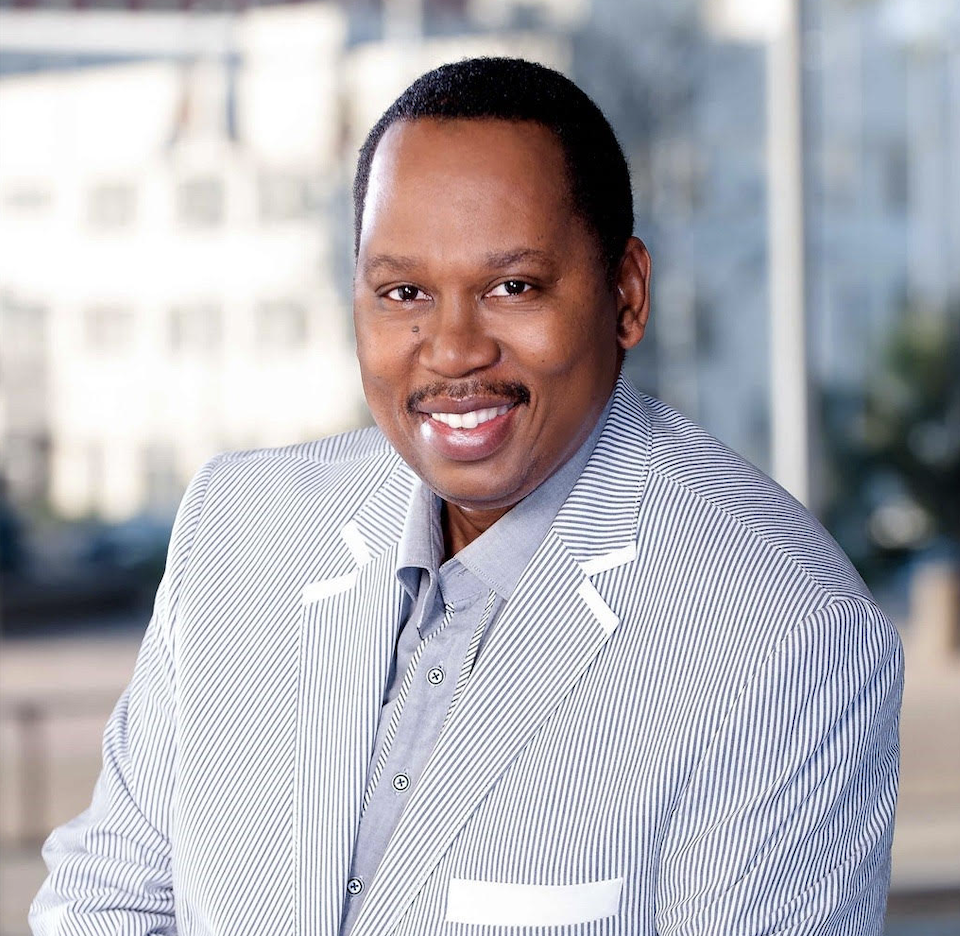
A Limpopo-born soprano, a leading woman conductor who has found global recognition, and Gustav Mahler are not your average line-up. Tell us more about the programme people can expect to hear at the Mzansi National Philharmonic concert tour in August?
When you bring together the best available South African orchestral musicians, led by a top international conductor, the public should expect excellent music-making.
What made you select this programme?
We wanted to feature Masabane Cecilia Rangwanasha – a rising star in the operatic world – and naturally I put together an operatic first-half of the programme, featuring great operatic arias by Verdi, Puccini and Wagner. For the second half we wanted a symphony which showcases the massive talent of our South African musicians, and therefore we chose the iconic Mahler Symphony No. 5.
It’s fitting in Women’s Month that a female conductor will be at the helm. What led you to choose Marin Alsop?
Marin Alsop is a phenomenal conductor and a wonderful human being. We are delighted to be celebrating the women in our world of music with three powerhouse woman artists. Following her debut appearances at our sold-out inaugural tour last December, we welcome her return to our podium. We’re thrilled, too, that South African soprano Masabane Cecilia Rangwanasha, one of the most admired new-generation sopranos, will be our soloist. In addition, leading South African violinist Sarah Oates, a distinguished concert master to top orchestras around the world, will lead the orchestra.
"I have come to believe that music-making is the profound realisation of true communication. This is something we all sense in communion with each other, as part of being an orchestra, or an audience, in the presence of great music."
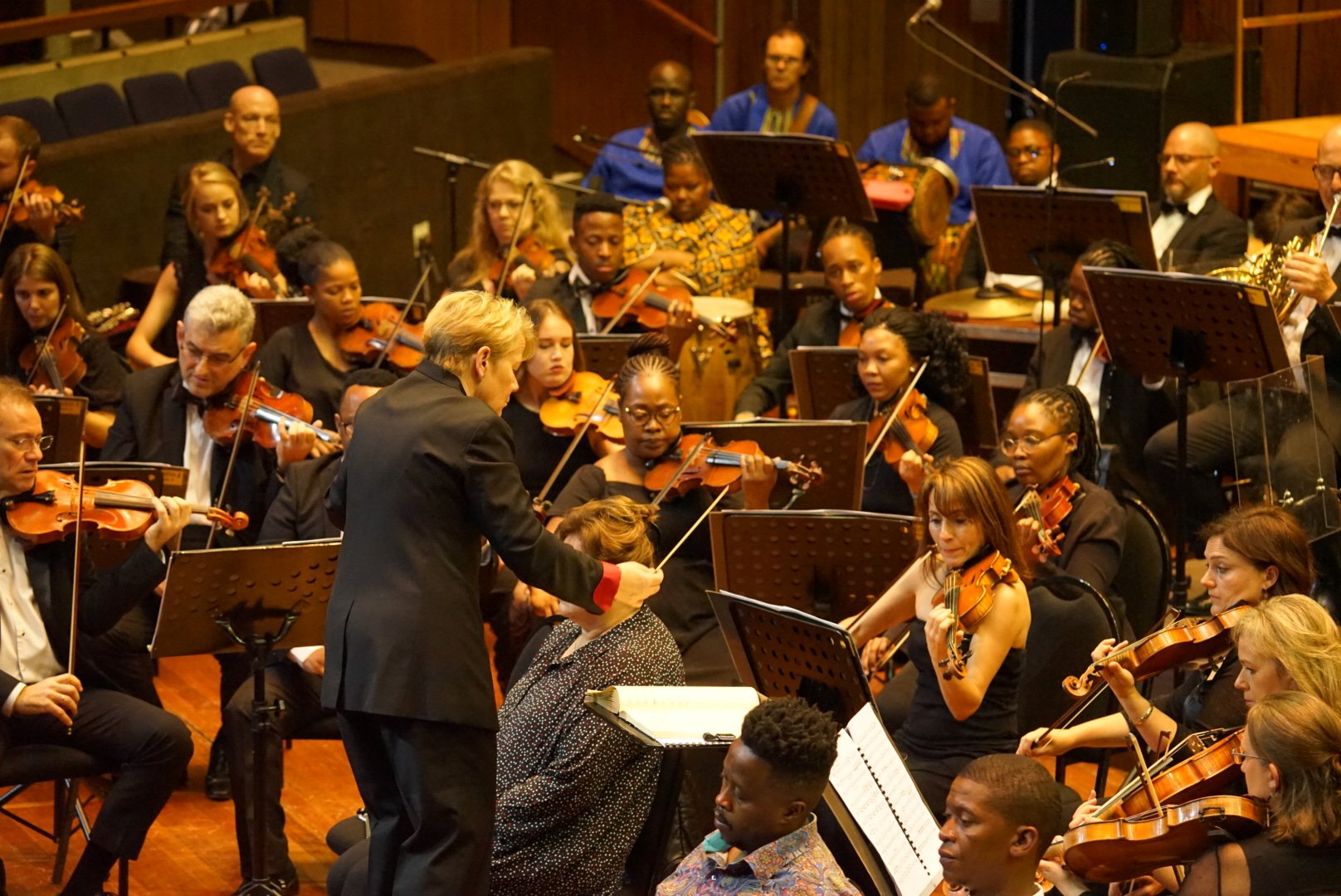
In the classical music world that you inhabit and lead, how has the make-up of the professional orchestra in terms of gender, colour and age shifted since you first started?
It’s been wonderful to view first-hand the transformative power of music. Not only is the orchestra a great metaphor for showcasing diversity, but it goes beyond this. It also brings people together in a beautiful way. There is a positive shift in terms of the diversity of the orchestra in terms of gender, race and age. The youngest musician is 18, and the oldest musician is in their sixties. The majority of musicians in Mzansi Philharmonic are female.
What led you to push for a national orchestra?
The concept of a national orchestra was not my personal idea. The idea came through the consultation process which led to the approval of the revised white paper on arts, culture and heritage. This idea was then implemented by the Department of Sport, Arts and Culture who felt that it was important to establish a national orchestra which will broaden the orchestral experience of South Africans, and help to brand South Africa positively around the world, whilst supporting regional and youth orchestras.
When was the first time that you remember hearing a piece of classical music, and how did it make you feel?
I remember hearing a record of [American tenor] Mario Lanza back in the 1980s – I marvelled that such beautiful music existed and I knew that I had to be part of it.
Your favourite piece of music?
It varies; these days it’s the fourth movement of Mahler’s Symphony No. 5 and Abdullah Ibrahim’s The Wedding.
Who are the figures that inspire your love of classical music?
I have had the privilege of being inspired by many amazing people, from those who paved the way for my own music career. I love the bass baritone Simon Estes who was my mentor and teacher. I love the golden voice of soprano Renée Fleming. I also love the music of Mendelssohn, particularly his oratorios such as Elijah. In South Africa I love the music by Mzilikazi Khumalo, Phelelani Mnomiya, SJ Khosa and many other South African composers.
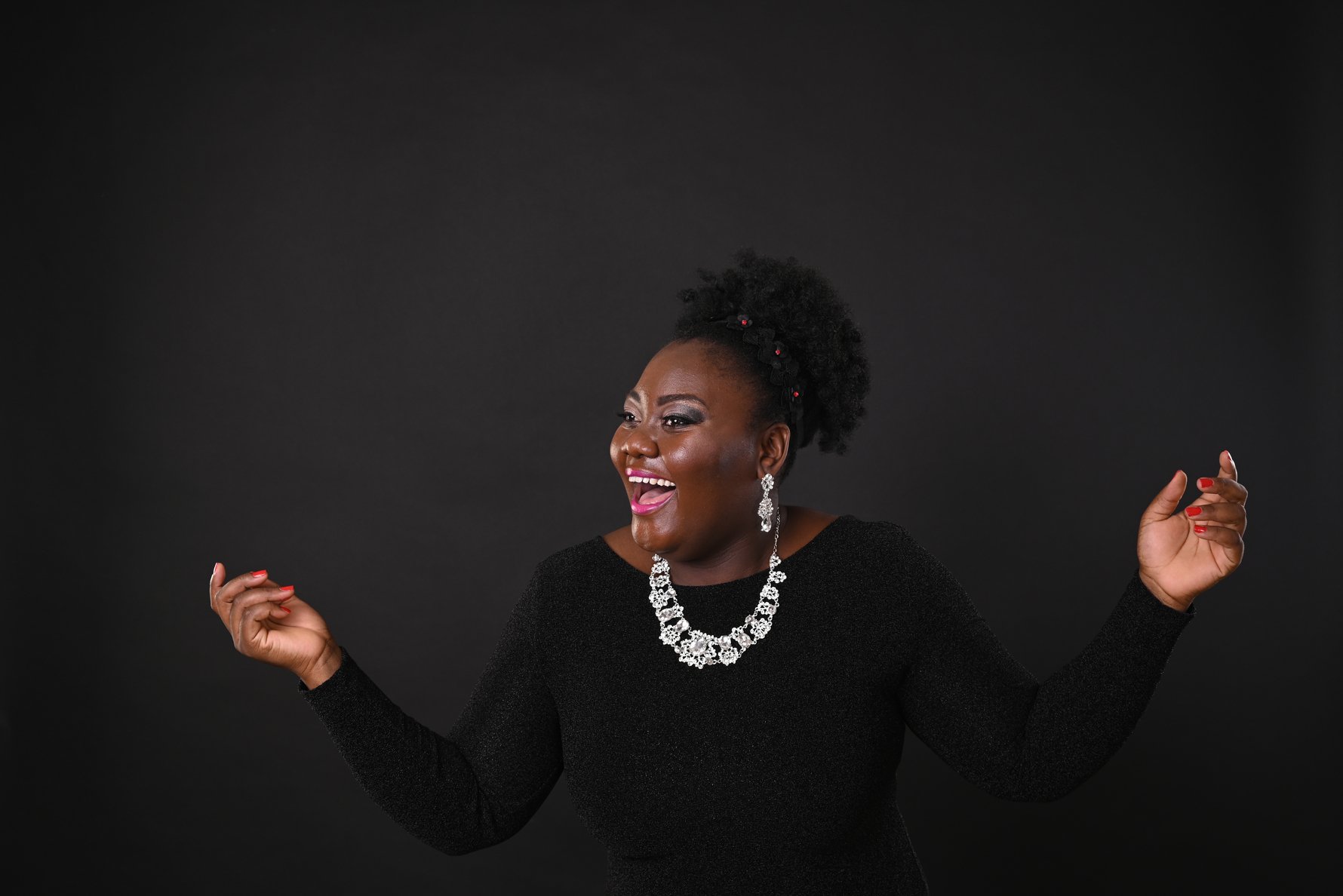
What role does the Mzansi Philharmonic Orchestra play in nurturing and promoting local musical talent?
Nurturing and promoting local talent is central to the work of the Mzansi Philharmonic. The Mzansi National Philharmonic Orchestra has implemented a National Cadetship Programme in recognition of the limited representation of black musicians and increasing demand for South African musicians in the pool of present and future professional musicians in South African orchestras. The Mzansi Philharmonic plays an active role in harnessing South African musicians and providing them with the opportunities to acquire the essential skills and experience for a successful career in the performing arts, specifically in the orchestral industry.
In addition, we have implemented a Fellowship Programme which supports South African musicians who have earned scholarships or placements at international music schools. Over and above this, the Mzansi Philharmonic empowered more than 38 music and orchestra organisations in 2022, through issuing grants of up to R20 million. These are organisations who are robust, with existing projects in place and are making a significant contribution to the orchestral music sector.
"I think Mzansi Philharmonic blazes a trail in terms of our diversity, and the way that we bring together people across race, age, gender and class – both in terms of the make-up of the orchestra and also in terms of the audiences we attract."
What are some notable collaborations or performances the Mzansi Philharmonic Orchestra has been involved in so far?
The Mzansi Philharmonic was officially launched in July 2022, celebrating WITS Centenary in a collaboration with William Kentridge. We have also participated in the first G20 Orchestra and the International Music Festival in Algeria. In December last year our inaugural tour played to sold out audiences in Johannesburg, Durban and Cape Town and, most recently, we toured to Lesotho.
How does the Mzansi National Philharmonic Orchestra envision securing its long-term sustainability and growth?
The Mzansi National Philharmonic Orchestra receives an annual grant from the Department of Sport, Arts and Culture, through the National Arts Council. In addition, we are committed to leveraging this support to increasing the pool of funds available to orchestral music projects via additional public and private partnerships, raising awareness of the importance of the arts, and dismantling the idea that supporting the arts should be limited to small-scale endeavours.
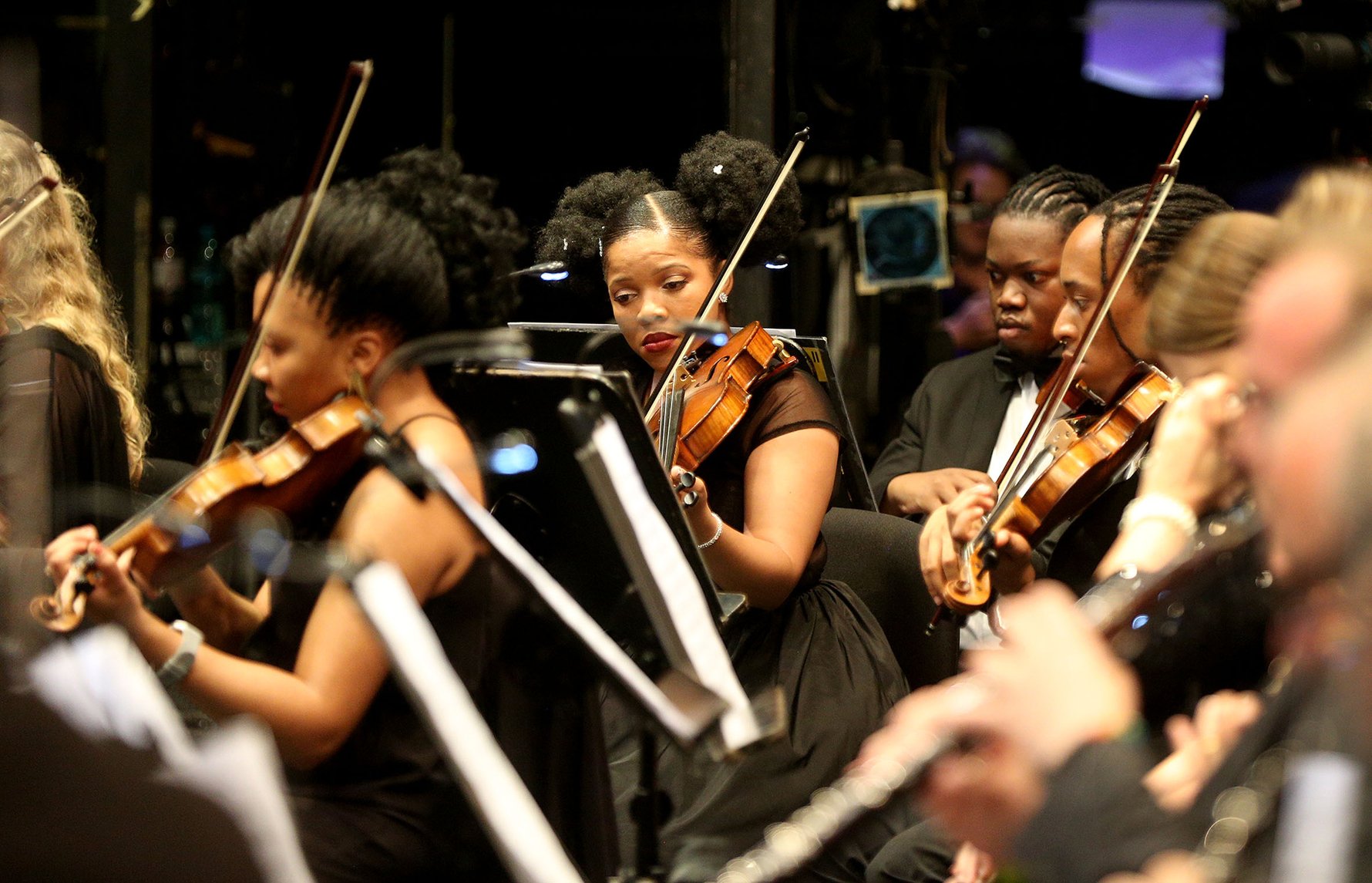
How does the Mzansi Philharmonic Orchestra engage with local communities and encourage their participation in classical music?
This is at the very heart of what we do: creating broader access to orchestral music throughout South Africa. We have partnered closely with professional and emerging orchestras in various provinces across South Africa, offering them financial support and also walking alongside them from a leadership perspective, sharing knowledge and skills they might find helpful. Ultimately, our position is to serve the broad orchestral community for the greater benefit of all South Africans.
What are the main obstacles that the orchestra has encountered, and how do you and your team overcome them?
We have so many great ideas and plans, and implementing them well is important to us. I also think we’ve faced a few misconceptions from some quarters, though I am confident that our good work will continue to speak for itself as the fruit of our labour unfolds.
What sets the Mzansi Philharmonic Orchestra apart from other orchestras globally?
I think orchestras across the globe are beginning to realise their social responsibilities more
and more. I think Mzansi Philharmonic blazes a trail in terms of our diversity, and the way that we bring together people across race, age, gender and class – both in terms of the make-up of the orchestra and also in terms of the audiences we attract.
How do you envision the future of the Mzansi Philharmonic Orchestra and its impact on the local music scene?
I would love to see Mzansi Philharmonic using its position to continue to bring transformation to the orchestral sector in South Africa, and uniting people and organisations towards a common goal. I would hope to see even more young people trained and mentored to achieve their full potential.
How does listening to music make you feel, and why do you think everyone should engage in it?
I have come to believe that music-making is the profound realisation of true communication. This is something we all sense in communion with each other, as part of being an orchestra, or an audience, in the presence of great music.
All that's left to do is book your tickets. With only one performance in Joburg, you won't want to miss this.


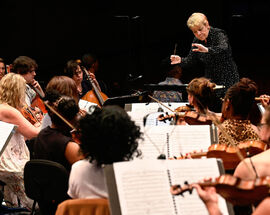
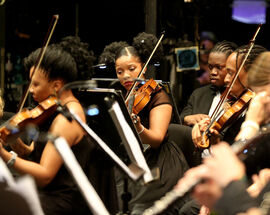
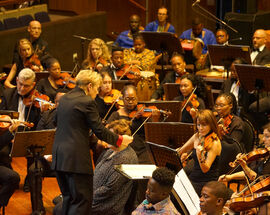


Comments